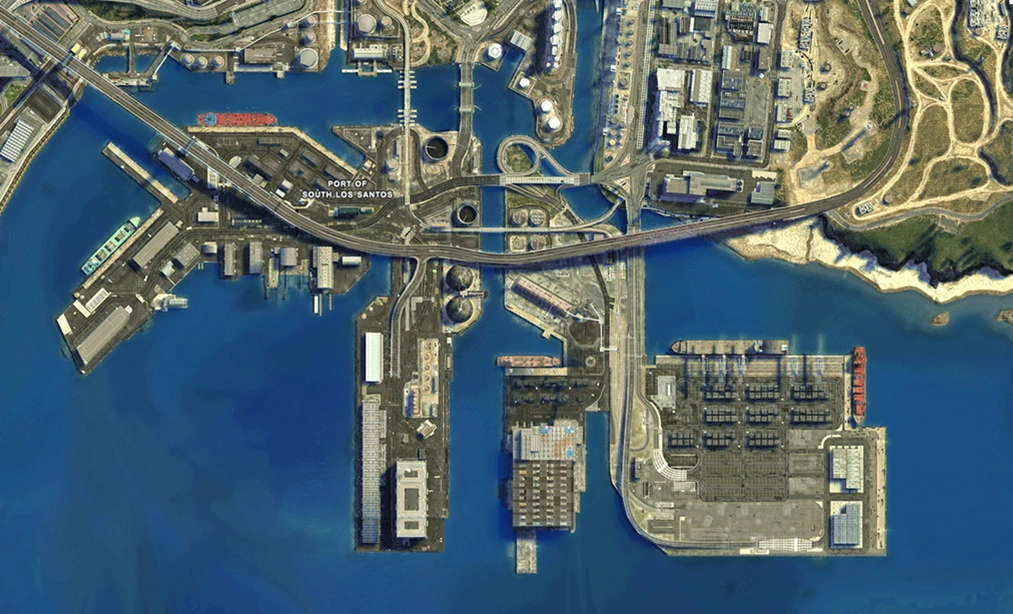On Monday, Ports Minister Silvio Costa Filho confirmed Santos Port will remain public but didn’t dismiss the possibility of Public-Private Partnerships (PPPs).
In an interview with CNN Brasil, he said he’ll meet São Paulo Governor Tarcísio de Freitas this Thursday.
The Santos port is located in the state of São Paulo, the country’s money engine with an economy as large as Argentina.
Costa Filho aims to enhance governance at Brazil’s public ports. He’s open to introducing PPPs and allowing concessions.
In addition, the new growth plan, led by President Lula, mainly funds through PPPs and federal money.
“President Lula will certainly expand PPPs,” Costa Filho declared. “Our focus is on job creators, without discrimination,” he added.

Finally, he clarified that only the government, led by President Lula, can decide on privatization matters.
In summary, Costa Filho expressed openness to private partnerships. At the same time, he reiterated that Santos Port will remain under public control.
Background
There’s been growing debate on the privatization of public assets in Brazil. This decision signals a balanced approach, aiming to mix public control with private investment.
It could serve as a model for other public spaces in Brazil.
Interestingly, the emphasis on PPPs matches the country’s new growth strategy. This move can attract private capital while ensuring public oversight.
Consequently, it could stimulate economic growth and job creation, two urgent needs for Brazil.
It’s worth noting that the minister highlighted the role of President Lula. The decision aligns with Lula’s broader policy vision.
However, the new São Paulo Economic Development Secretary, Jorge Lima, focuses on rejuvenating the state’s industrial sectors hit by the pandemic.
The government contemplated privatizations, notably of the Sabesp sanitation company and the major Santos Port.

